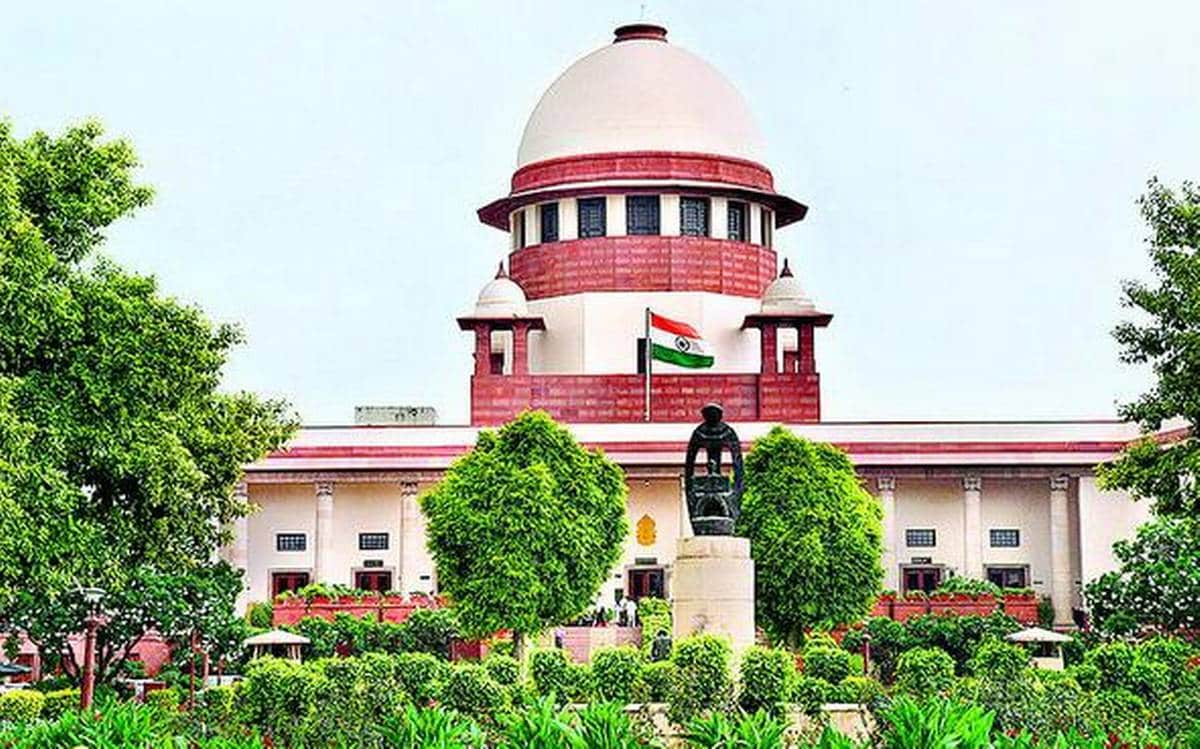New Delhi: The Supreme Court of India has reserved its verdict on a series of petitions challenging the revocation of Article 370 of the Indian Constitution, which granted special status to the former state of Jammu and Kashmir.
The petitions were heard by a five-judge bench, including Chief Justice of India DY Chandrachud and Justices Sanjay Kishan Kaul, Sanjiv Khanna, BR Gavai, and Surya Kant. The hearings lasted for 16 days, during which the petitioners alleged that the Central government’s actions were motivated by self-interest and disregarded the rule of law.
Senior advocate Dushyant Dave, representing petitioner Rifat Aar Butt, described the abrogation of Article 370 as a clear example of abuse of power. He argued that the Central government had no legal authority to unilaterally revoke the special status of Jammu and Kashmir.
Senior Advocate Kapil Sibal, representing National Conference MP Mohammad Akbar Lone and Hussain Masoodi, argued that the Constitution should not be manipulated for political gains. He contended that a unilateral executive decision could not unilaterally alter constitutional provisions applicable to Jammu and Kashmir, branding it a “fraud of the Constitution.”
The Central government defended the abrogation of Article 370, emphasizing that there was no “constitutional fraud” in revoking the special status accorded to Jammu and Kashmir. Solicitor General Tushar Mehta, representing the Centre, asserted that there was sufficient evidence to establish the Constitution of Jammu and Kashmir as subordinate to the Indian Constitution.
Mehta also clarified that the bifurcation of Jammu and Kashmir into the Union Territories of Jammu and Kashmir and Ladakh was a temporary measure. He indicated that while Jammu and Kashmir would eventually regain its statehood, Ladakh would remain a Union Territory.
The Supreme Court is expected to deliver its verdict on the petitions challenging the abrogation of Article 370 in the coming weeks.




Comments are closed.